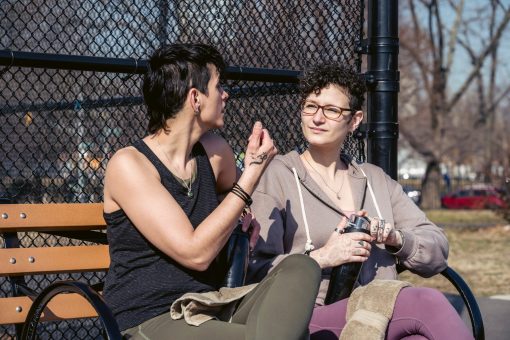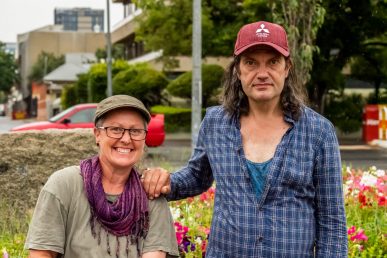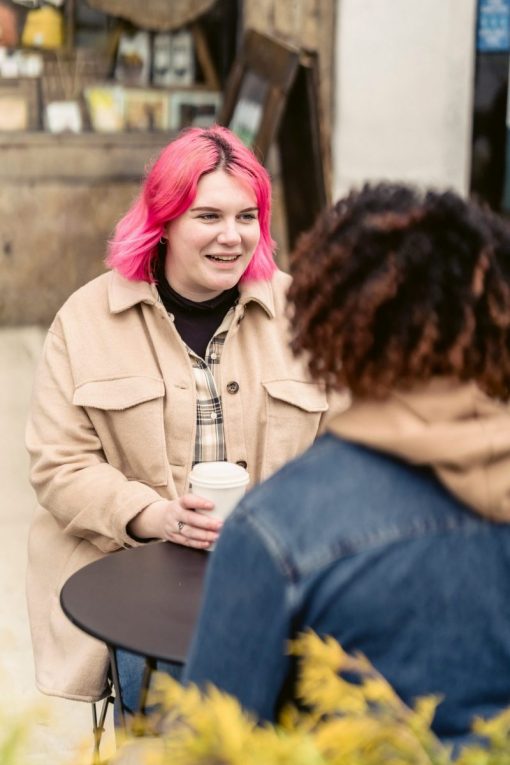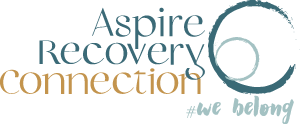

Connecting With You
Peer Support for Mental Health
Authentically connecting with you, in or outside of your home, our Peer Support Mentors reach out with compassion and respect to help you feel seen and understood. Focusing on your needs, we are there to assist you with your day to day needs, like shopping, going to appointments or venturing out into the community to connect or even try new things. We prefer to be thought of as more like friends who you can feel safe with and know that we are there to emotionally support you throughout your everyday life.


Your Choice of Therapies
As a 100% lived experienced team, it is important for us to offer our community additional ways to support their healing journey. We aim to help you make sense of and work through difficulties and challenges while focusing on building new skills and progressing along your recovery journey.
Our Peer Support Workers offer the support you need
- Peer Support Workers: Our team of dedicated, trained mental health peer support workers offer guidance and assistance to individuals on their mental health recovery journey.
- Shared Experiences: Through peer support, individuals can share their stories, struggles, and successes, fostering a sense of validation, belonging, and support.
- Empathetic Connection: Peer support creates a safe and understanding environment where individuals can connect with others who have experienced similar mental health challenges.
- Personal Growth: Peer support encourages personal growth and self-advocacy, empowering individuals to take an active role in their mental health recovery.
- Holistic Well-being: Peer support addresses mental health in a holistic manner, considering various aspects of an individual’s well-being, including emotional, social, and psychological factors.
Mental Health Peer Support Worker You Need







At ARC, we are a 100 per cent lived experience organisation and our Peer Mentors work from their own personal lived experience of mental health challenges and their journey of healing. By drawing on our own experience, we offer a compassionate, non-judgmental approach that seeks to understand and learn from each other in a mutually beneficial relationship that is focused on meaningful connection, rather than ‘helping’ or ‘fixing’. It is a process where both you and your Peer Mentor explore and look at things from new angles, develop greater awareness of personal and relational patterns, and support and challenge each other as you try new things.


What can recovery look like?
Our recovery-oriented approach to mental health has a more holistic focus and incorporates all areas of your life – including emotional, physical, spiritual and social aspects.
Each person’s journey of recovery is unique, but for all of us it involves a process of healing from emotional and psychological pain and moving towards things that we want in our life that give us hope and meaning.




Ways in which we honour your journey
We support and advocate for your choice and control in every area of your life and support you in building confidence, skills and independence in areas that hold meaning for you. Our relationship with you is based on Respect, trust, and empowerment, re-defining help as a mutually co-learning and growing process that is led by you.
Frequently Asked Questions
1. What is a peer support worker?
A peer support worker is someone who provides support and assistance to you when needed throughout all areas of your life.
Peer support workers offer a range of supportive services, such as assisting you with your day-to-day needs, providing information, connecting you with community resources and advocating for your needs.
Our Peer support workers all have lived experience and can provide you with a sense of hope, validation, and empowerment, as well as help you build skills and strategies for coping with difficulties that you might face.
2. What is the role of a mental health support worker?
3. Where can I find a peer support worker?
Have questions? We’re here to help.
Call us today!


Address
Building 5, 32-56 Sir Donald Bradman
Drive, Mile End, SA, 5031




Aspire Recovery Connection acknowledges Aboriginal people as the first Australians, traditional owners of South Australia, and respect their ongoing living and spiritual relationship with the land and sea. We respect and celebrate the many Aboriginal peoples and lands across the state.
We also acknowledge that past government policies contributed to the marginalisation, disempowerment, breakdown of connection to country, removal of Aboriginal children from their family, loss of land and income, and loss of culture and language of Aboriginal South Australians.


